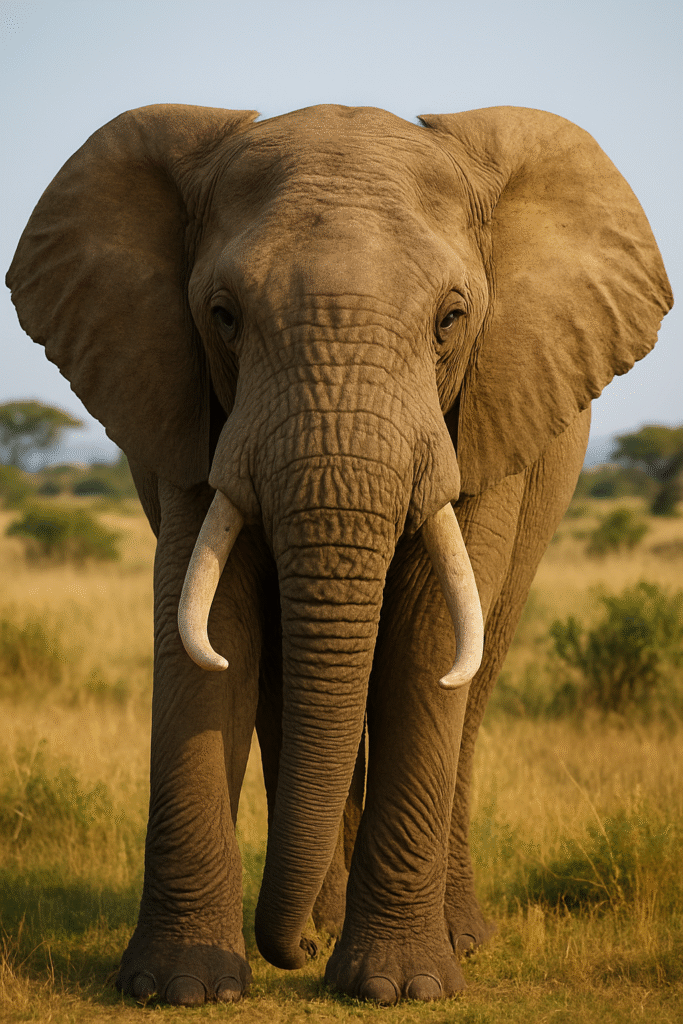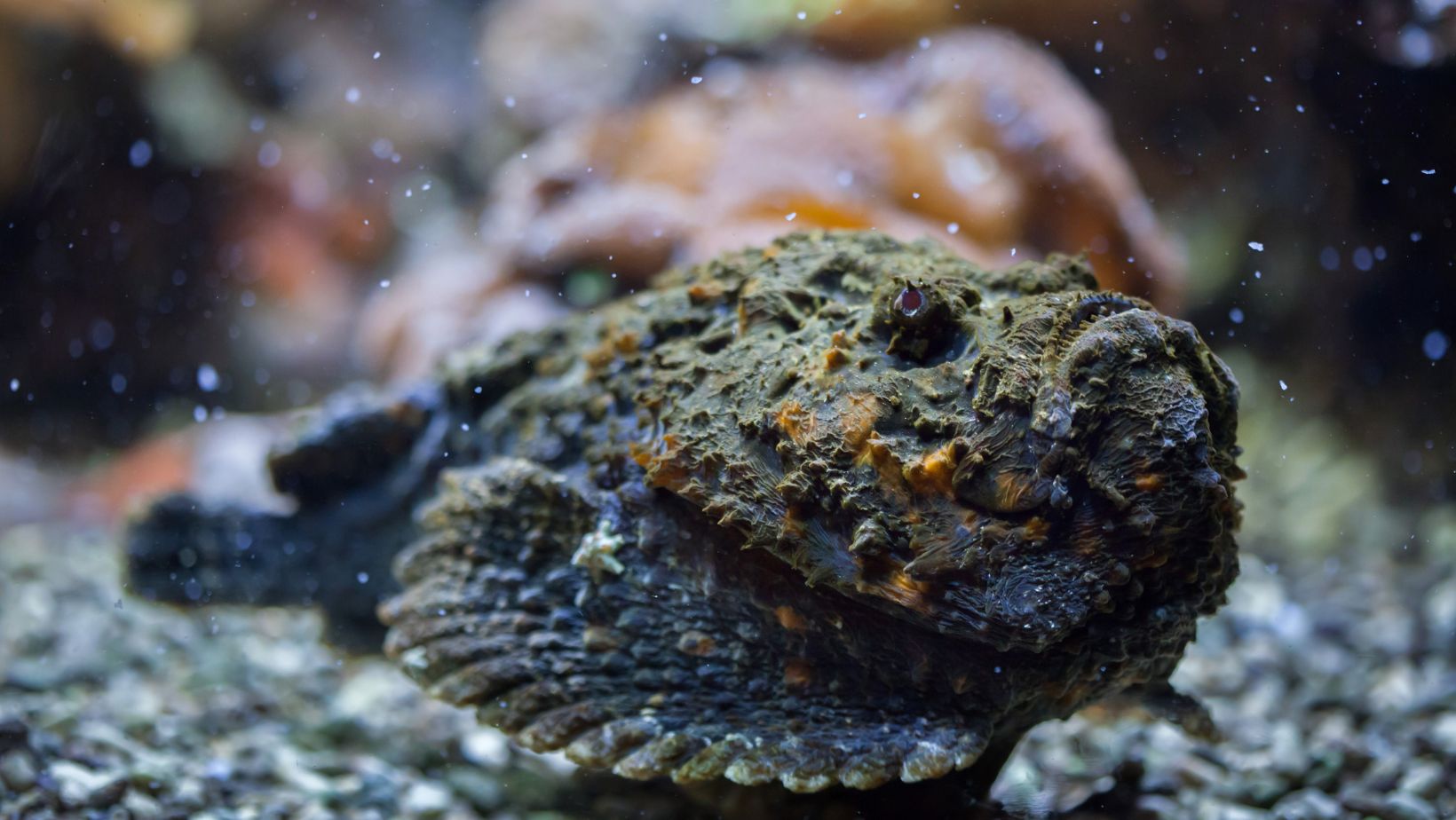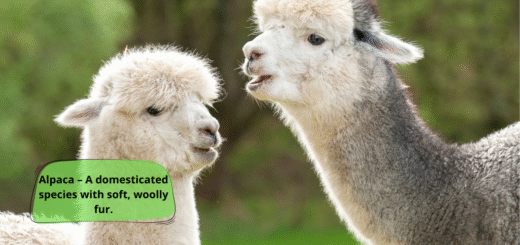Why Elephants Mourn Their Dead: The Emotional Intelligence of the Animal Kingdom
When we think about grief, we often consider it a uniquely human experience. But elephants challenge that assumption in ways that are both fascinating and deeply moving. These gentle giants have long been observed showing behaviors that suggest mourning, empathy, and remembrance. In this article, we’ll explore why elephants mourn their dead, what science says about it, and why understanding elephant grief matters more than ever.

Do Elephants Really Mourn Their Dead?
Yes, they do—and it’s not anecdotal. Across Africa and Asia, wildlife researchers, conservationists, and even safari-goers have documented elephants engaging in funeral-like behaviors. These include:
- Staying with deceased elephants for extended periods
- Touching and caressing the bones or body with their trunks
- Rocking or swaying near the body
- Silently gathering around the dead, often in solemn stillness
One of the most famous observations occurred when conservationist Dr. Joyce Poole witnessed elephants visiting the bones of a long-dead matriarch years after her passing. They gently touched her skull and tusks, and stood quietly—almost as if paying respects.
The Science Behind Elephant Grief
Elephants are among the most intelligent animals on the planet. They have large brains, complex social structures, and show clear signs of self-awareness. According to behavioral ecologists, these traits support a capacity for empathy and possibly even an understanding of death.
MRI scans of elephant brains reveal well-developed regions associated with emotion and memory. Their social bonds are so strong that the loss of a herd member can lead to changes in behavior, eating habits, and even signs of depression in surviving elephants.
Why Elephants Mourn: Social Bonds and Memory
Elephants live in close-knit herds, usually led by a wise, older matriarch. They develop lifelong relationships not only with immediate family but also with allies across herds. Mourning, in this context, may serve several purposes:
- Reinforcing social cohesion after a loss
- Expressing attachment and loyalty to the deceased
- Passing on social knowledge to younger elephants about the significance of that individual
Memory plays a crucial role. Elephants can remember water sources, migration routes, and even individual humans for decades. So it’s not surprising that they remember their own kind with equal emotional weight.
Human and Elephant Grief: More Similar Than We Thought?
What makes elephant mourning so impactful to us is how closely it mirrors our own grief rituals. Like humans, elephants seem to:
- Show distress and emotional pain
- Care for the sick or dying within their group
- Return to places where loved ones have died
These behaviors challenge the long-held belief that emotional depth is exclusive to humans or primates. They remind us that the animal kingdom is far more emotionally complex than we’ve given it credit for.
Why This Matters for Conservation
Understanding that elephants mourn isn’t just fascinating—it’s crucial. The emotional lives of elephants make the trauma of poaching, habitat loss, and captivity even more severe. When a matriarch is killed, for instance, the entire herd suffers—not just logistically, but emotionally.
This deeper understanding should drive stronger conservation ethics and policy. Protecting elephants isn’t just about preserving a species. It’s about respecting their right to live emotionally rich lives free from unnecessary suffering.
Final Thoughts
The mourning rituals of elephants reveal a profound truth: grief is not uniquely human. As science continues to uncover the emotional worlds of animals, it becomes harder to justify the ways many are treated. Elephants remind us that compassion, memory, and loss are not only human experiences—they are universal.








